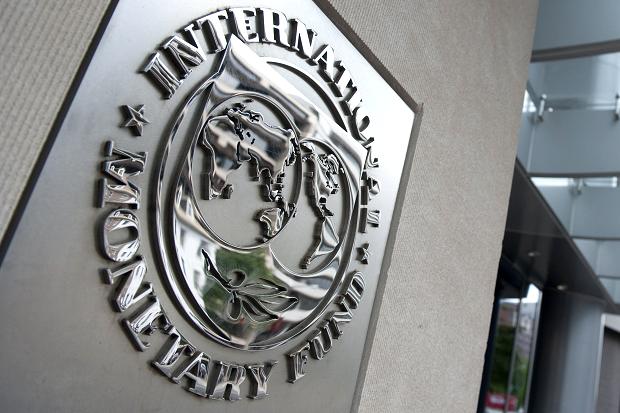The Zambian government has officially extended the International Monetary Fund (IMF) Extended Credit Facility (ECF) programme by one more year. This move is part of ongoing efforts to strengthen the country’s economic recovery plan and attract more investment.
Minister of Finance and National Planning, Dr Situmbeko Musokotwane, made the announcement during a press briefing held in Lusaka. He said the extension was approved by the Cabinet and will shift the programme’s end date from October 2025 to October 2026.
The ECF programme, which originally began in August 2022, is part of Zambia’s broader economic reform strategy aimed at stabilising the economy, managing debt, and ensuring fiscal discipline. With this extension, Zambia is set to benefit from an additional financial package amounting to around US$145 million from the IMF.
Dr Musokotwane explained that this funding is expected to support Zambia’s economic goals, improve investor confidence, and unlock more international support for the country. He added that Zambia is showing commitment to reforms that are essential for long-term economic stability and growth.
“The extension of the IMF-ECF programme gives us more room to continue with our economic reforms and improve our credibility on the international market,” said Dr Musokotwane. He noted that the programme will help build a stronger foundation for Zambia’s financial recovery and development.
Meanwhile, the Finance Minister took time to clear the air on recent reports regarding Zambia’s copper export tax. He confirmed that the government has not abolished the export tax on copper concentrates, but has only suspended it for a short period.
Dr Musokotwane said the tax suspension will last for just three months and is part of a collaborative agreement with mining companies. The goal is to increase domestic processing of copper instead of exporting it in its raw form.
He stressed that encouraging local processing of copper will create more jobs, add value to the economy, and help Zambia earn more revenue in the long term. “This is a targeted decision. We want to promote more local beneficiation. That’s why we agreed with the mining companies to suspend the tax temporarily,” he said.
Copper remains the backbone of Zambia’s economy, contributing over 70% of the country’s export earnings. As global copper prices remain volatile and demand rises due to electric vehicles and clean energy projects, Zambia is seeking ways to maximise its returns and strengthen its mining sector.
The Minister’s remarks come at a time when Zambia is pushing for broader economic reforms, including domestic revenue mobilisation, prudent expenditure, and sustainable debt management. Zambia recently restructured its debt under the G20 Common Framework and is keen to remain on the right track with its international partners, especially the IMF and World Bank.
Economic experts have welcomed the government’s decision to extend the IMF programme, saying it sends a positive message to lenders and investors. The additional US$145 million from the IMF is expected to boost Zambia’s foreign reserves and support critical sectors like health, education, and infrastructure.
The IMF itself has acknowledged Zambia’s efforts, noting progress made in areas such as fiscal transparency, public financial management, and inflation control. However, the Fund has also called for continued reforms in the energy sector and public enterprise management.
Dr Musokotwane’s update on the IMF deal and copper tax also reflects government efforts to maintain policy clarity and transparency. Analysts say that clear communication from key ministries is vital to maintaining market confidence and encouraging both foreign and local investment.
As Zambia navigates its economic recovery path, the IMF programme remains a central pillar in the country’s financial management strategy. With elections expected in the coming years, stakeholders will be watching closely to see how the government balances its reform agenda with social and economic needs.
